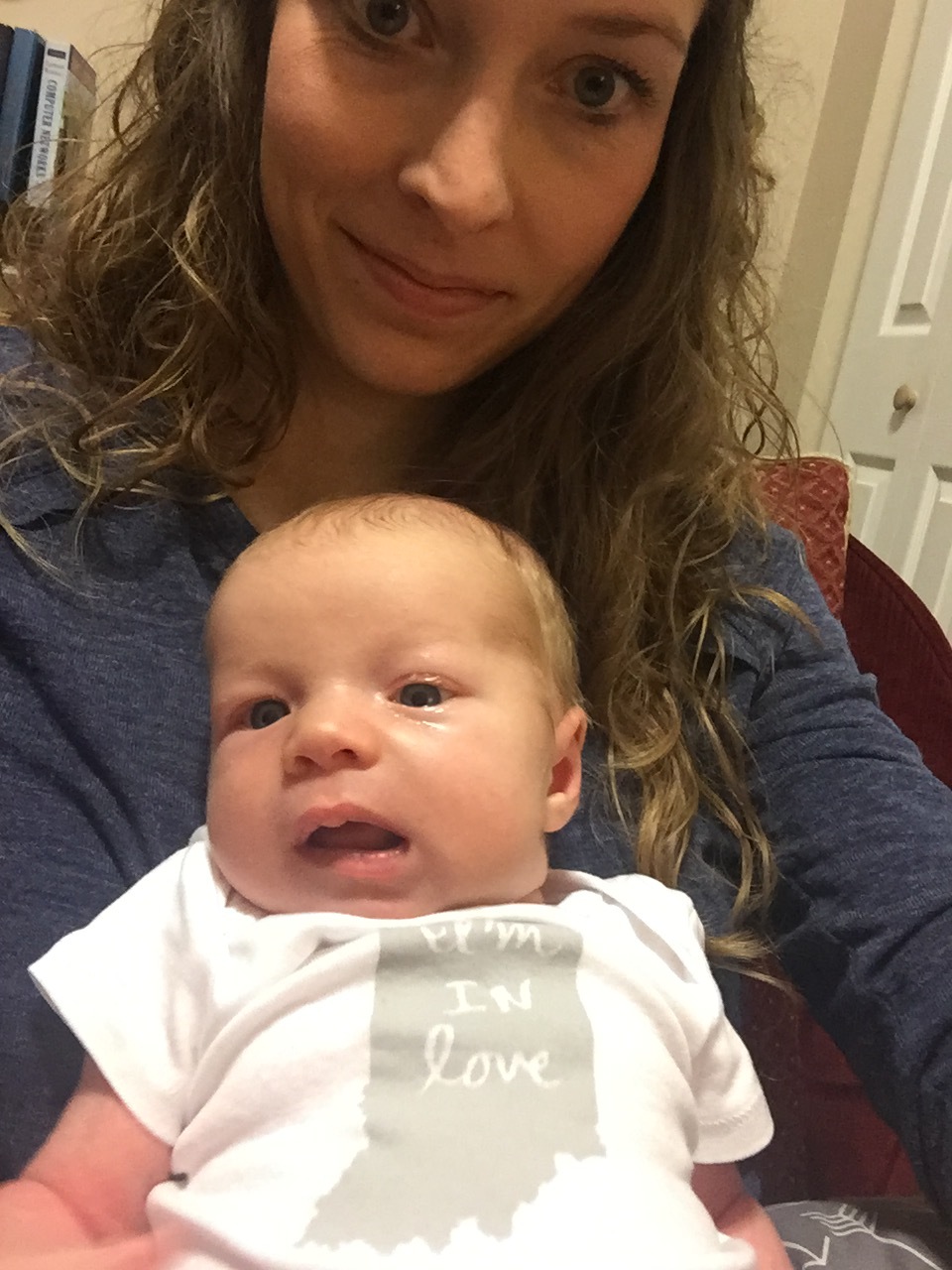I decided to delve into this controversial debate about breast milk versus baby formula. I thought this might be an interesting blog post for a couple of reason. First of all it had been in the media quite frequently after President Trump tweeted "The failing NY Times Fake News story today about breast feeding must be called out. The U.S. strongly supports breast feeding but we don’t believe women should be denied access to formula. Many women need this option because of malnutrition and poverty."
So if you are wondering about this article that President Trump said was Fake News you can find it HERE. I would encourage you to read through it and see what your thought are. The main accusation against the United States is the reported situation as follows ... "American officials sought to water down the resolution by removing language that called on governments to “protect, promote and support breast-feeding” and another passage that called on policymakers to restrict the promotion of food products that many experts say can have deleterious effects on young children." That might not have been that big of an issue, but when other countries didn't come to back the United States' proposed changes then things got more heated. "When that failed, they turned to threats, according to diplomats and government officials who took part in the discussions. Ecuador, which had planned to introduce the measure, was the first to find itself in the cross hairs. The Americans were blunt: If Ecuador refused to drop the resolution, Washington would unleash punishing trade measures and withdraw crucial military aid. The Ecuadorean government quickly acquiesced." That is the part that bothered me. I don't think we should go threatening countries to get policy changes. That is something that I think is wrong and seems to be behaving kind of like a bully.
So that was kind of a crazy response to something like breast feeding. I honestly was quite surprised to read that article. Then there started to be more articles and other opinions written. and I wanted to make sure to share those with you too. I really liked this article by VOX because I thought it did a good job at outlining the main issue that was being debated by the United States and other countries. "The UN group responsible for setting the standards on how countries should regulate food products, the Codex Alimentarius, hasn’t yet decided whether follow-up formulas should be treated like infant formulas — as “breastmilk substitutes.” Calling them a substitute for mother’s milk would mean heavier scrutiny and regulation — something public health advocates want. The US wants to call it a food, not a breast milk substitute,” said Elizabeth Zehner, project director for Helen Keller International’s child feeding project, who was present at the Codex negotiations. “That will leave the door open for all countries to call these products as non-breast milk substitutes, so they will get advertised on TV — and they look just like the infant formula.”
So that is the main part of the debate ... how to categorize this formula products. I know it seems like a simple issue, but it can have big ramifications. Food is a complicated thing and when it is regulated different can lead to a large variance in products. The supplement industry is that perfect example. That is the under the Food and Drug Administration and anything classified as a supplement doesn't meet the same scrutinized criteria as other actual food items. So companies can put whatever health claims on those products and they aren't held to the same regulations as the food industry. I would say most of the time that can be ok, but I understand the concern voiced in the VOX article about how toddler formulas are regulated, because if they are labeled as "breastmilk substitutes" that would change their nutrition make up and how they are marketed to families.
There was another story published on NPR on this topic and I wanted to make sure you had access to that as well, CLICK HERE. I think that this debate is not other and the formula industry does have a lot more money to lobby with compared with advocates for breast feeding. They are pushing a product and want to make money. That being said I believe in a baby being fed and healthy and that can be accomplished through either breast milk or baby formula. The debate here isn't necessarily which is better nutritionally, the debate comes down to money and how these formulas are categorized. That will then have a big influence on the products that are manufactured and then marketed to families. I would say our country has come a long way in encouraging mothers to breast feed and educating families on why that is the best thing for your baby. I think like any basic mothering skill, there are so much emotion that gets ties into this topic and can lead to guilt and regret. That is another blog post, but I wanted to make sure that you got some information on this debate and maybe some more insight as to why the President cared if women were breast feeding or using formula.



